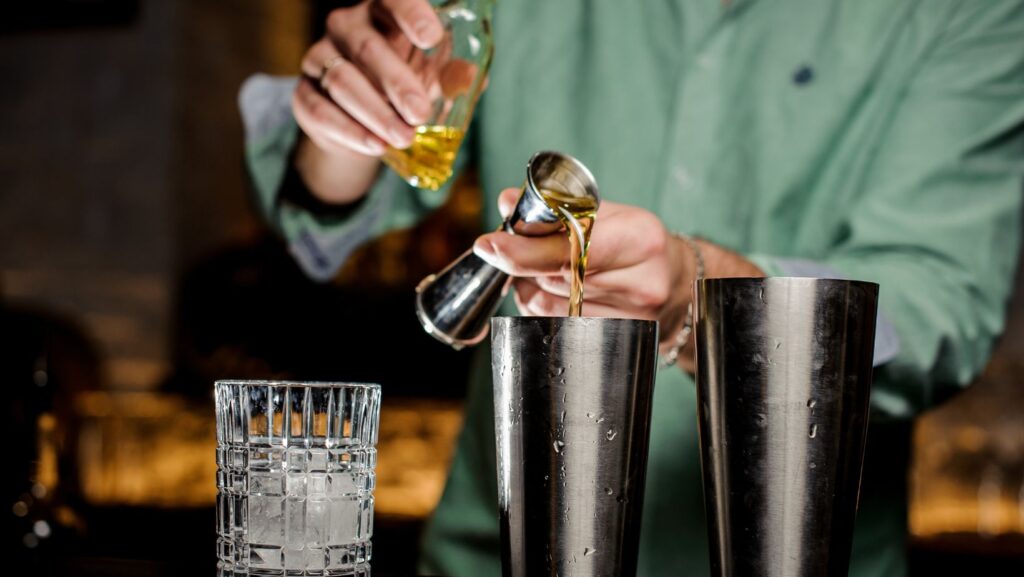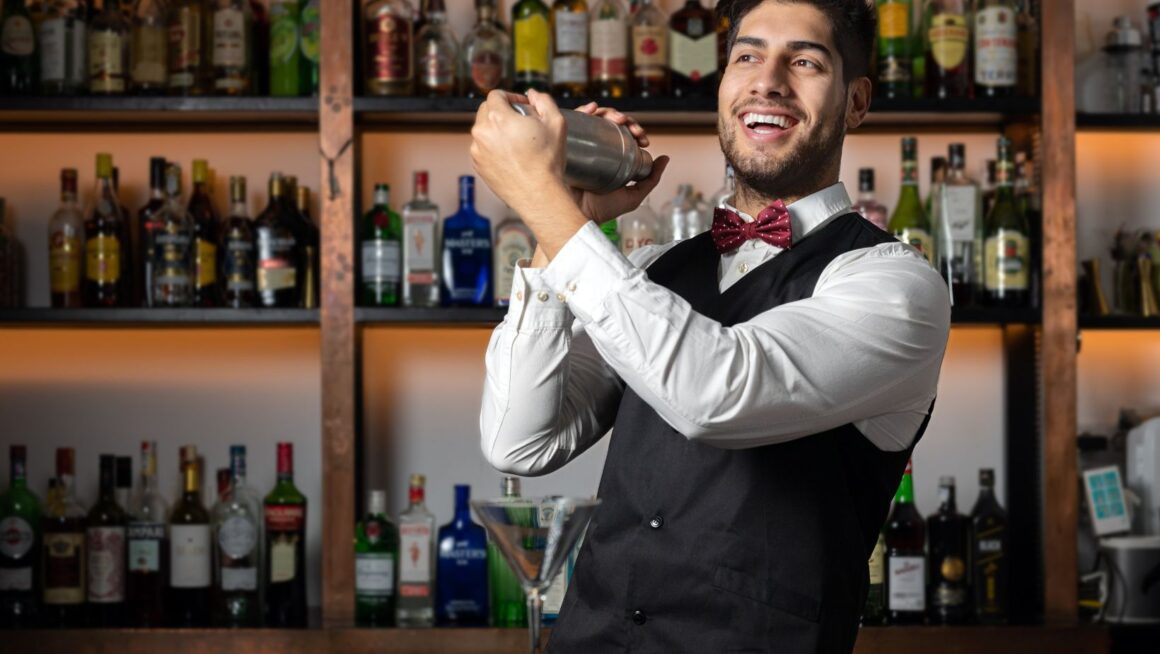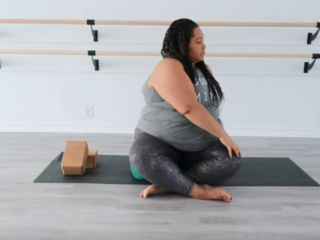
Anyone who’s worked behind a bar long enough has more than likely heard every myth about alcohol there is. From claims that coffee sobers you up to the idea that clear spirits won’t give you a hangover, misinformation runs as freely as the drinks themselves.
But the truth is that being a skilled bartender goes beyond being able to mix the best cocktails. It’s also about understanding what’s fact and fiction when it comes to alcohol. In this post, we focus more on the myths so we can help you serve your customers responsibly, protect your licence, and elevate your professionalism.
Let’s dive right in!
Myth 1: Alcohol Is a Stimulant
It’s easy to see why this myth persists: after a drink or two, people often feel more talkative, energetic, and confident. However, alcohol isn’t a stimulant at all. It’s a depressant, which means it slows down the central nervous system. The initial “buzz” you’d feel after taking alcohol comes from it reducing inhibitions and lowering anxiety, not from stimulating the body or mind.
While it may not seem to understand all this as a bartender, you want to know how alcohol works and the signs of overindulgence so you’ll know when to deny service or take a different action. For this, you can rely on a premium bartending certification online from a top provider like RocketCert to learn more.
Myth 2. Coffee or a Cold Shower Sobers You Up
This one’s a popular one. Someone had a few too many, and the advice comes in: “Get them a coffee!” or “A cold shower will do the trick!” Unfortunately, neither works for this situation. Caffeine may make a drunk person feel more alert, but it won’t speed up how the body metabolises alcohol. Your liver is capable of processing about one standard drink per hour, and there’s nothing you can do to slow or increase this rate.
As a bartender, this is key to remember when guests are looking for a “quick fix”. You may offer water and food to slow down absorption and keep them hydrated, but once the alcohol has been absorbed, the only real cure is time.
Myth 3. Dark Liquors Are Stronger Than Clear Ones
Many assume that whisky or rum packs more punch compared to vodka or gin, but that’s not necessarily true. The strength of an alcoholic drink depends on its ABV (Alcohol by Volume) value, not colour. A dark spirit may contain caramel colouring or barrel-aged notes that give it a richer taste, but that doesn’t mean it has more alcohol.
In many cases, nonetheless, darker liquors have been ascertained to cause worse hangovers for some people. That’s because they contain more congeners (by-products of fermentation and ageing), which can intensify post-drinking symptoms.
Myth 4. Beer Before Liquor, Never Been Sicker
You’ve probably heard this rhyme shouted across college bars: “Liquor before beer, you’re in the clear; beer before liquor, never sicker.” It sounds convincing, but it’s not scientifically sound. Hangovers are caused by the total alcohol intake, not the order in which someone consumes the drinks.
What happens is that when you start with a beer (a slower drink) and then switch to shots or cocktails, it’s easier to underestimate your total consumption. The sequence isn’t the problem, therefore. Overconsumption is. As a bartender, you should always encourage pacing and hydration, regardless of what’s being poured first.
Myth 5. Alcohol Warms You Up
A shot of whisky on a cold night might feel warming, but it’s actually the opposite. Alcohol dilates blood vessels, causing warm blood to flow towards the skin surface. This is why most people feel flushed after a couple of drinks. However, this also means they are losing body heat faster.

For bartenders, this knowledge is particularly useful when serving at outdoor events or in colder climates. You may not stop someone from ordering their “winter whisky”, but understanding how alcohol affects body temperature makes it easier to look out for guests who may not realise they are more vulnerable to the cold.
Take Your Bartender Certification Today
While we may not have covered all the myths related to alcohol, these are a great start. Dispelling these myths isn’t just about trivia. It’s about responsible service and credibility. Bartenders are often seen as the most trusted “alcohol advisors” for their guests because they’ve encountered hundreds of similar situations.
So, when you correct a misconception gently and factually, you’re not just keeping people safe but also demonstrating professionalism and care for your craft. Combine such knowledge with the information you get from a high-value online bartender course from RocketCert, and you’re good to go!










